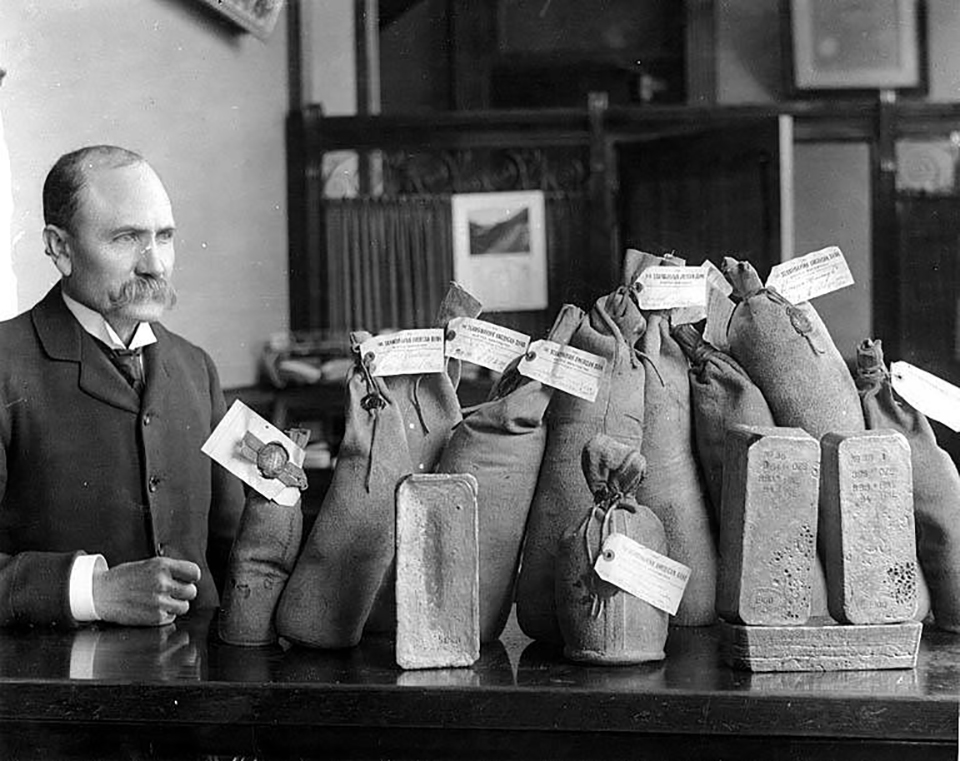
The Truth About Business
The bottom line for all businesses, is to make as much money as possible. In theory, there’s nothing wrong with that. After all, that’s the entire point of business, right? However, the problem lies in how far a business is willing to go to achieve that goal, pushing the boundaries of what’s legal, and often, … The Truth About Business

